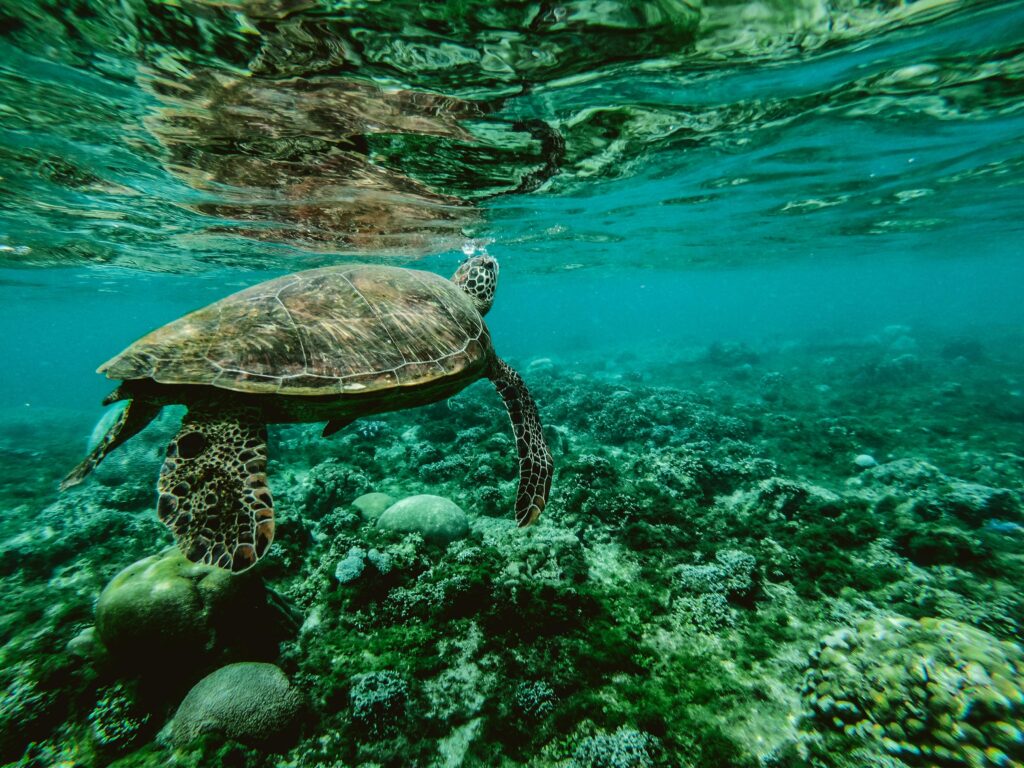Nestled amid the azure waters of the Caribbean Sea, the islands of the Caribbean are renowned for their breathtaking beauty and vibrant marine life. However, beneath the surface of this tropical paradise lies a delicate ecosystem facing numerous threats. From climate change to overfishing and pollution, the marine environments of the Caribbean are under increasing pressure. In response, conservation efforts have emerged as a crucial means of safeguarding these pristine habitats and the diverse species that call them home.
The Coral Reefs: Underwater Rainforests
One of the most iconic features of the Caribbean is its extensive coral reefs. These underwater ecosystems teem with life, providing shelter and sustenance for an astonishing array of marine species. Yet, coral reefs are highly vulnerable to rising sea temperatures and ocean acidification, both linked to climate change. Bleaching events have already devastated many reefs, causing widespread coral mortality.
To combat this threat, marine conservationists across the Caribbean are implementing various strategies. Coral restoration projects, such as the cultivation of coral nurseries and transplantation of resilient coral species, aim to rebuild damaged reefs. These efforts not only restore habitat but also enhance the resilience of reefs to future environmental stressors.
Preserving Biodiversity: Protecting Endangered Species
The Caribbean hosts a remarkable diversity of marine life, including sea turtles, manatees, dolphins, and numerous fish species. Unfortunately, many of these species are threatened by habitat loss, bycatch, and illegal wildlife trade. Conservation organizations are working tirelessly to protect these vulnerable creatures.
Efforts range from establishing marine protected areas (MPAs) to implementing regulations that limit fishing activities and protect critical habitats. For instance, the Caribbean Challenge Initiative, launched in 2008, aims to conserve at least 20% of marine and coastal habitats by 2020, fostering sustainable development while safeguarding biodiversity.
Combatting Plastic Pollution: A Growing Threat
Like many coastal regions around the world, the Caribbean is grappling with the pervasive issue of plastic pollution. Single-use plastics, such as bottles and bags, often find their way into the ocean, where they pose serious threats to marine life. Sea turtles mistake plastic bags for jellyfish, while birds and fish can become entangled in debris.
To tackle this challenge, community-based clean-up initiatives and awareness campaigns are gaining momentum across the Caribbean. Furthermore, several countries have implemented bans on single-use plastics, encouraging the adoption of eco-friendly alternatives.
Empowering Communities: Local Engagement
A key aspect of successful conservation in the Caribbean is the involvement of local communities. Many initiatives prioritize community engagement, empowering residents to participate in conservation activities and benefit from sustainable practices like eco-tourism and responsible fishing.
By fostering a sense of stewardship among residents, these efforts create a long-lasting impact, ensuring that conservation practices are embraced and upheld at the grassroots level.
Looking Ahead: The Future of Conservation in Paradise
Despite the challenges, the Caribbean remains a beacon of hope for marine conservation. Ongoing research, collaborative partnerships, and innovative solutions are paving the way for a more sustainable future. By preserving the natural riches of this tropical haven, we not only protect its unique biodiversity but also secure the well-being of future generations.
As visitors and admirers of this unparalleled paradise, it is incumbent upon us to support and advocate for conservation efforts in the Caribbean. Together, we can ensure that these pristine waters continue to flourish, serving as a testament to the power of collective action in safeguarding our planet’s marine treasures.









